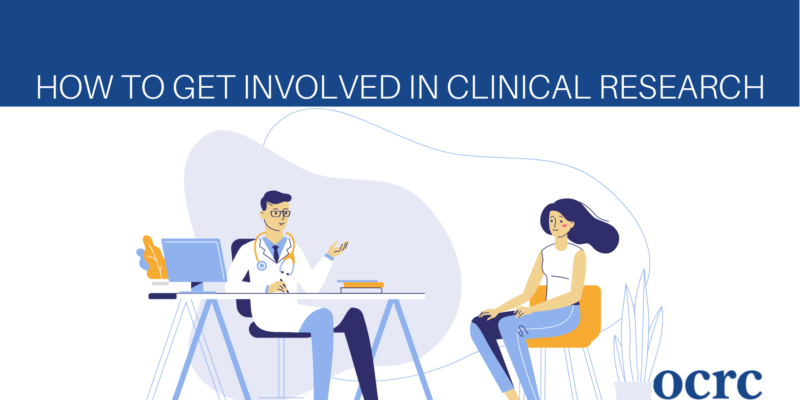
Medical research leads to medical advancements, which helps to improve the health of millions of Americans. Conditions ranging from allergies to cancer to digestive health are all being studied thanks to the help of volunteers across the country. These volunteers range from children to adults of varying health conditions and diagnoses. They also play an important role in answering vital questions in the medical research process:
Does the treatment in question work? If so, how effective is it? Is it better than current treatments?
Is the treatment in question safe? What are the side effects? Do the benefits outweigh the possible risks?
How is the treatment metabolized? Is a treatment absorbed or eliminated from the body differently in people with impaired liver or kidney function compared to people without impairment?
There are four phases of clinical trials whereby researchers attempt to answer these questions:
1) Phase One: treatment is tested for the first time in a small group (20-80 volunteers), in order to assess safety and side effects.
2) Phase Two: treatment is tested with a larger group (100-300 volunteers) to evaluate effectiveness and further assess safety.
3) Phase Three: treatment is tested with larger groups (1,000-3,000 volunteers) to confirm effectiveness, monitor side effects, compare with standard treatments and evaluate any additional information to ensure the treatment is used safely.
4) Phase Four: following FDA approval, researchers continue to monitor the safety, benefits and risks of the treatment with the help of long-term research volunteers.
According to the American Cancer Society, “it takes an average of about eight years from the time a cancer drug enters clinical trials until it’s approved.” One of the most significant barriers in creating new treatments is the amount of time it takes to conduct clinical research. This is largely due to the fact that many people are unaware that participating in a study is an option for them. Of those willing to participate, however, only certain people may be eligible to volunteer for a specific trial.
All clinical trials have specific participation requirements“inclusion criteria,” that can vary from study to study. “Exclusion criteria” are factors that disqualify a volunteer from participation. This can include but is not limited to age, gender, location, diagnosis, medical history. Inclusion and exclusion criteria ensure volunteer safety and increase the likelihood of obtaining necessary information. The first step to participating in a clinical trial is confirming that all inclusion criteria are met.
Participation in a clinical trial is always voluntary, and volunteers maintain the right to leave a study at any time. Before making a choice to discontinue, however, it is important to talk to your doctor about how quitting a study may affect your health and/or future treatment options.
Prior to participating in medical research, be sure to do your own research—make every effort to make an informed decision about the necessary requirements, potential placebo usage, and any possible risks and/or benefits.
ClinicalTrials.gov and CenterWatch.com provide listings for clinical trials which are recruiting participants. Additionally, your own doctor and/or community hospital may be involved in clinical trials. You can always contact us to inquire about current research volunteer opportunities.
